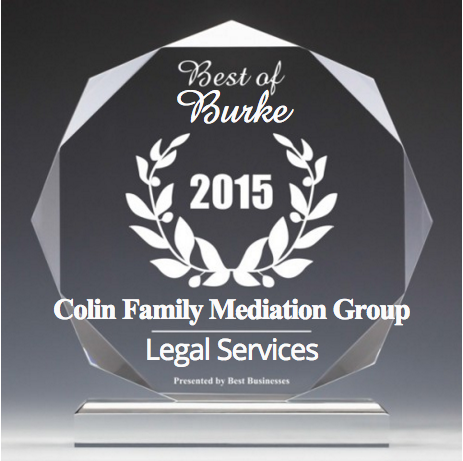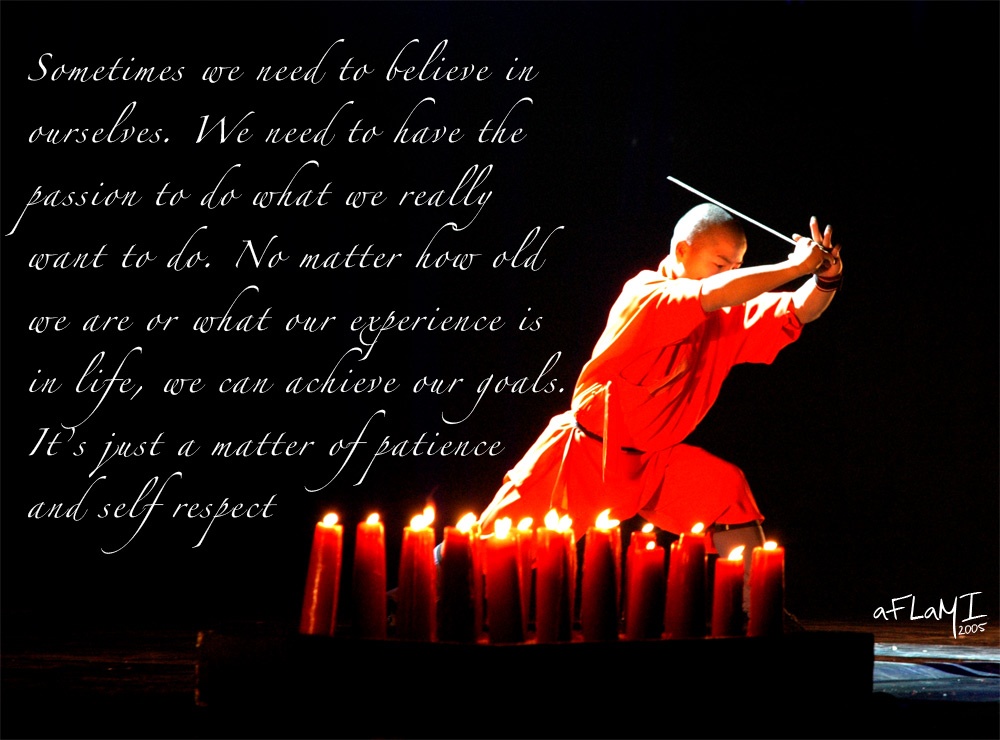Plan for Divorce: a Five-part Series
Wedding planning guides abound. Visit nearly any supermarket check stand to find...
Read Moreby Brooke Benson | Mar 20, 2023 | Empowerment, VoiceAmerica | 0 |
Wedding planning guides abound. Visit nearly any supermarket check stand to find...
Read Moreby VoiceAmerica | Aug 16, 2021 | Kids | 0 |
Who to claim as a dependent on a tax return can range from being simple to very complicated. The...
Read Moreby VoiceAmerica | Jun 2, 2021 | Empowerment | 0 |
Are you going through a divorce? Here is a good guide to help you in the process. 1. Do not...
Read Moreby VoiceAmerica | Oct 15, 2020 | Kids | 0 |
Many tax preparers misinterpret court orders and tax law when preparing tax returns. Since 2009...
Read Moreby VoiceAmerica | Aug 23, 2019 | Empowerment | 0 |
I host a radio weekly internet radio show on the VoiceAmerica Empowerment Channel called Life...
Read Moreby VoiceAmerica | Jul 30, 2019 | Empowerment | 0 |
The story is too familiar. You are involved in a long term relationship or marriage. It...
Read Moreby VoiceAmerica | Feb 6, 2019 | Empowerment | 0 |
Starting Over By Ariel & Shya Kane An excerpt from How to Create a Magical Relationship,...
Read Moreby VoiceAmerica | Jun 8, 2017 | Variety | 0 |
Making Love Radio with Colette Malan is excited to announce that we will be featuring best-selling author Michele Weiner-Davis with her new book: Healing from Infidelity.
Read Moreby VoiceAmerica | Mar 14, 2017 | Variety | 0 |
Despite statistics, divorce is difficult. Understanding the thoughts and feelings after divorce...
Read Moreby VoiceAmerica | Jan 15, 2016 | Variety | 0 |
What does Dr. Virginia Colin, host of “Family Matters” on VoiceAmerica’s Variety...
Read Moreby VoiceAmerica | Oct 26, 2015 | Empowerment | 0 |
Our first and last love is self-love which is portrayed to the world through actions reflecting...
Read Moreby VoiceAmerica | Oct 16, 2015 | Empowerment | 0 |
Hi there, If you are reading this letter, most likely you are contemplating a divorce. I can...
Read More












